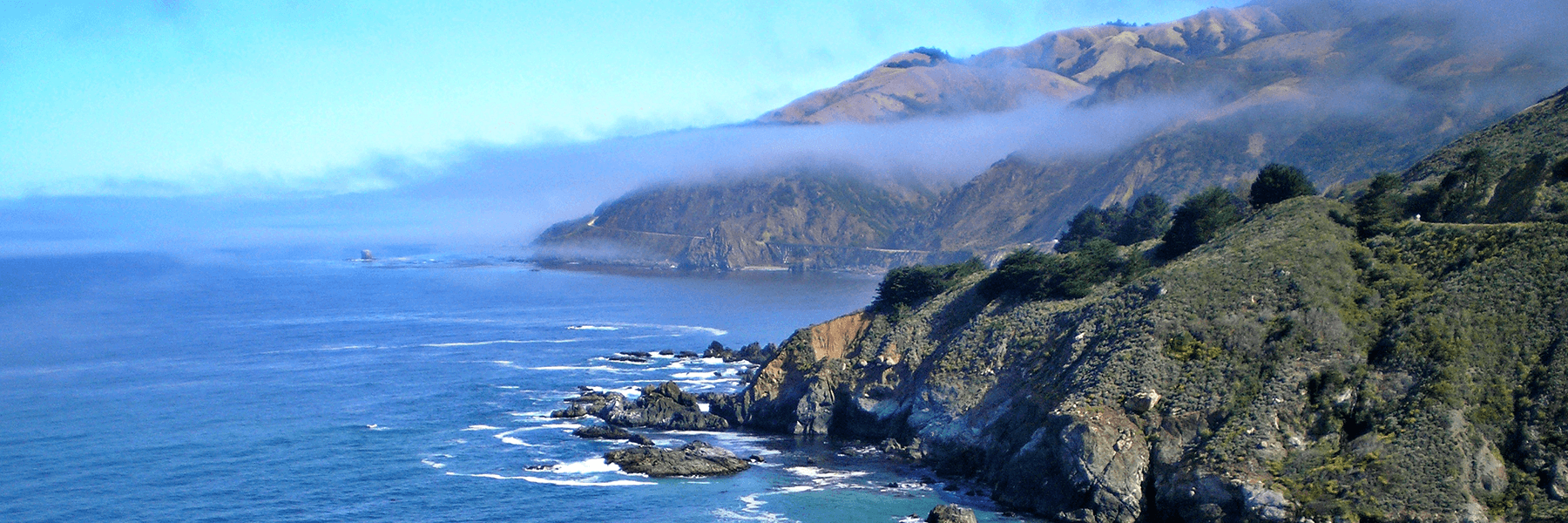Examining how two key processes affected by a changing climate could impact coastal upwelling and ecosystems off the West Coast

The California Current System (CCS) is an eastern boundary current that flows southward near the surface along the west coast of the United States. The CCS hosts a diverse marine ecosystem and a high level of production for commercially valuable fish. Upwelling delivers deep, nutrient-rich water to the sunlit surface, which provides nutrients that stimulate the growth of phytoplankton, fueling the whole marine ecosystem. Coastal upwelling cools the sea-surface temperature, which regulates air-sea interactions and low-level stratus clouds. Possible changes in coastal upwelling under a changing climate is a major concern for the health of the CCS ecosystem, the livelihood of fishers, and food security.
In a recent study, CIRES and NOAA researchers with the Physical Sciences Laboratory investigated how changes to two key processes could impact CCS coastal upwelling under global warming. Their findings were published in the journal Geophysical Research Letters.
One key process driving coastal upwelling is winds that flow southward along the coast, especially in summer. Because of the Earth’s rotation, the ocean responds by developing currents to the right of the wind in the Northern Hemisphere. This process, called Ekman transport, moves surface water offshore, which is replaced by upwelled water from below.
In addition to Ekman transport, geostrophic transport, which arises from horizontal differences in sea level, is an important component of the coastal upwelling near the West Coast. The combination of the two transports provides a very good estimate of the surface currents and the overall characteristics of coastal upwelling.
As in previous studies, greenhouse gas warming caused changes in Ekman-induced upwelling that varied by both season and location along the west coast, with an increase in upwelling north of San Francisco in April and a decrease off southern California in summer. This study found significant changes in geostrophic transport matched or even exceeded those that happen due to Ekman transport. The results indicate that changes in the geostrophic transport, which have been neglected in many previous studies, make a substantial contribution to overall changes in the CCS coastal upwelling, and must be considered when examining the future of ocean conditions off the West Coast.
Better understanding and more accurate projections of future change in coastal upwelling are essential for marine resources management in coastal regions of the United States.
Ding, Hui,* Michael A. Alexander, and Michael G. Jacox (February 2021): Role of geostrophic currents in future changes of coastal upwelling in the California Current System. Geophys. Res. Lett., 48, e2020GL090768, https://doi.org/10.1029/2020GL090768. (PSL Authors Bolded; *CIRES)
Posted: June 8, 2021